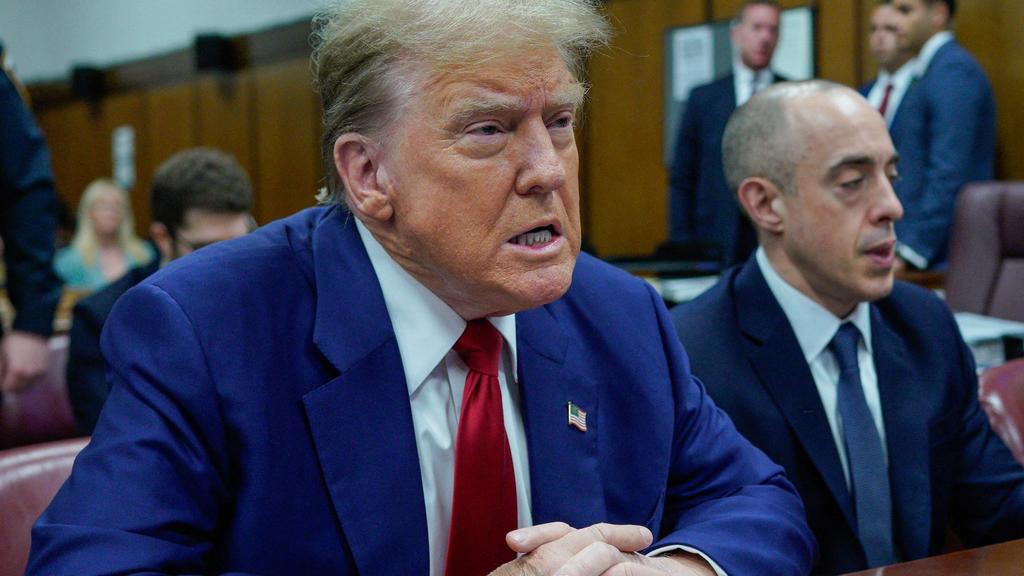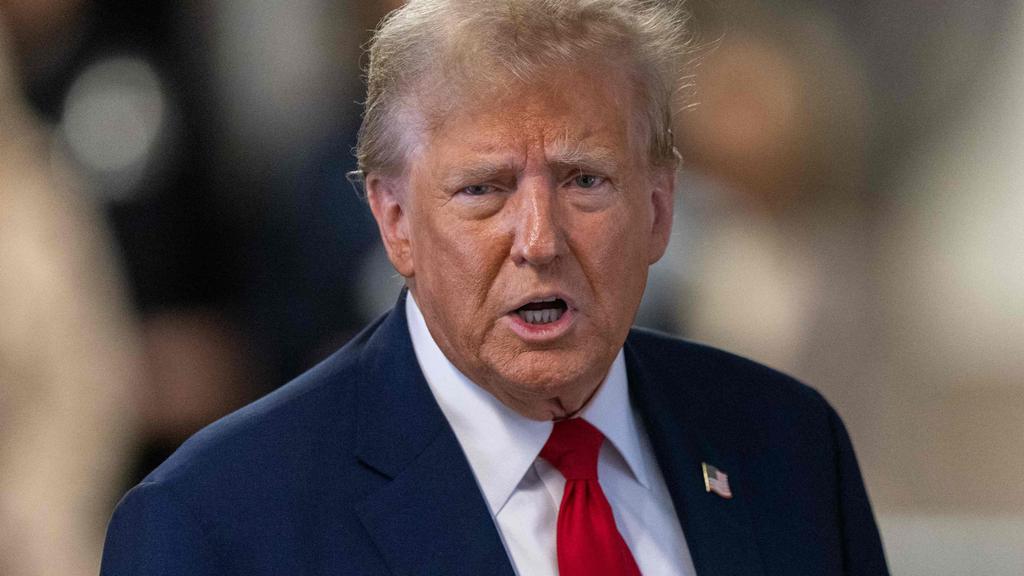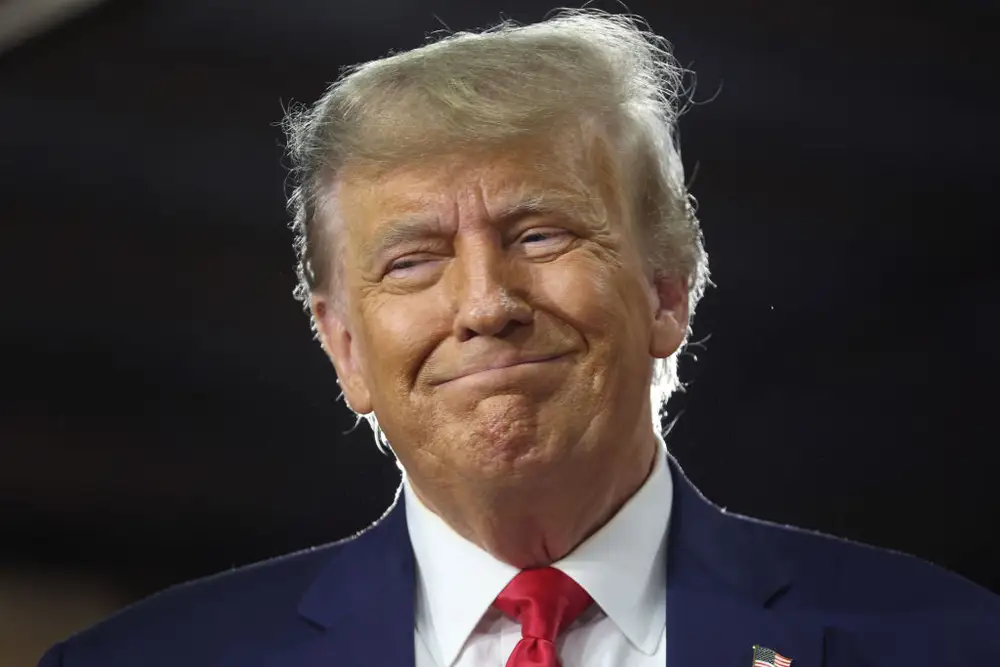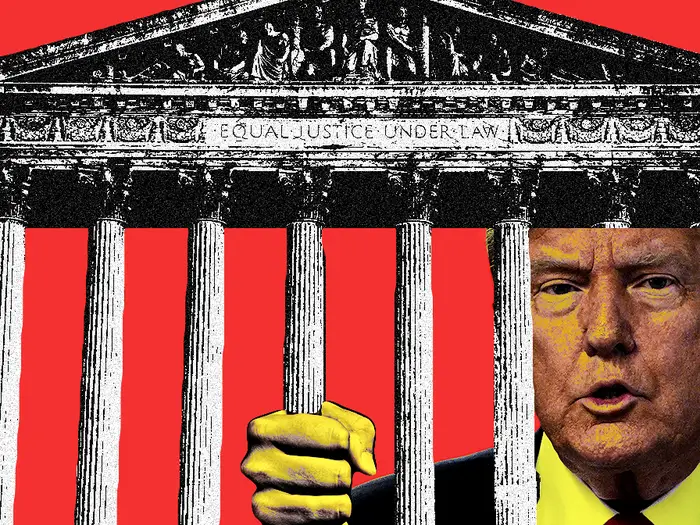This article is more than
8 year oldMelania Trump expected to play low-key role as US first lady
She is not the first foreign-born first lady: that was Louisa Adams, the British wife of the sixth US president, John Quincy (1825-29). Nor is she the first to have worked as a model: both Betty Ford and Pat Nixon did that.
But Melania Trump, 46, is the first third wife of a president to move into the White House, the first Flotus not to speak English as her native language and the first to have mastered five languages (Slovenian, German, French, Serbian and English).
She is also the first to have grown up in a high-rise block in a country under communist rule, and certainly the first to have posed for nude photoshoots (in 1995, for Max magazine, a now-defunct French publication, and again for GQ in 2000).
She was born Melania Knavs in Sevnica, not far from the Slovenian capital, Ljubljana. Her parents were Amalija, a pattern designer at a children’s clothing factory, and Viktor, a chauffeur. Melania grew up in Tito-era former Yugoslavia and moved to New York in 1996 to become a model.

She met Trump at a party at the Kit Kat Club in New York in 1998 when she was 28 and he was 52, became a permanent US resident in 2001, and a citizen in 2006, after marrying the billionaire property developer in 2005.
Bill and Hillary Clinton were among the 350 guests at the wedding at Trump’s Mar-a-Lago estate in Palm Beach, Florida. According to reports, Melania wore a $100,000 (£80,000) Dior dress featuring 1,500 crystals, and guests were treated to a seven-tier Grand Marnier wedding cake weighing 90kg (200lbs). The couple’s son, Barron, was born in March 2006.
As first lady, Melania is widely expected to be discreet, focusing more on her husband’s domestic wellbeing than on policy initiatives. Asked in 1999 by the New York Times what her role would be if her then boyfriend became president, she said she would be “very traditional, like Betty Ford or Jackie Kennedy”.
The furore over her Republican party convention speech, which bore striking similarities to a speech by Michelle Obama, may tempt her to stay behind the scenes. She would, though, like to work to help reduce bullying on social media, she said in a rare public outing a few days before Tuesday’s election.

“We must find better ways to honour and support the basic goodness of our children, especially in social media. It will be one of the main focuses of my work, if I am privileged enough to become your first lady.”
The irony of her stance, given her husband’s often aggressive and bullying behaviour on social media, was not lost on many commentators, including Lady Gaga, who accused Melania of “pure hypocrisy”.
While standing up for her husband when he was accused of predatory sexual behaviour, Melania also warned Trump – by his own admission – to “act more presidential”. Last month she told CNN’s Anderson Cooper that she was not shy in giving him further advice, such as to “give up the tweeting”.
“I give him my opinions many, many times,” she said. “I don’t agree with everything that he says but, you know, that is normal. I’m my own person, I tell him what I think. I’m standing very strong on the ground on my two feet and I’m my own person. And I think that’s very important in the relationship.”
Since you're here ...
…we have a small favour to ask. More people are reading the Guardian than ever but far fewer are paying for it. And advertising revenues across the media are falling fast. So you can see why we need to ask for your help. The Guardian’s independent, investigative journalism takes a lot of time, money and hard work to produce. But we do it because we believe our perspective matters – because it might well be your perspective, too.
Fund our journalism and together we can keep the world informed.
Keywords

30/04/2024

25/04/2024
Newer articles
<p>The ceremony was held in Moscow amid a tense geopolitical situation and diplomatic rift with the West</p>
Tiger’s heartbreaking daughter revelation
US intel admits ‘potential for Russian military breakthrough’ in Ukraine conflict
Police make arrests in killing of B.C. Sikh activist Hardeep Singh Nijjar
Labour's Sadiq Khan easily wins record third term as mayor of London
Harvey Weinstein faces New York retrial after 2020 rape conviction overturned
Free Madonna concert draws crowd of 1.6m to Brazil’s Copacabana beach
Hamas tells Qatari, Egyptian mediators it agrees to ceasefire proposal
West has a decision to make – Putin
Craig David, a hitmaker since 2000, is still getting audiences dancing


